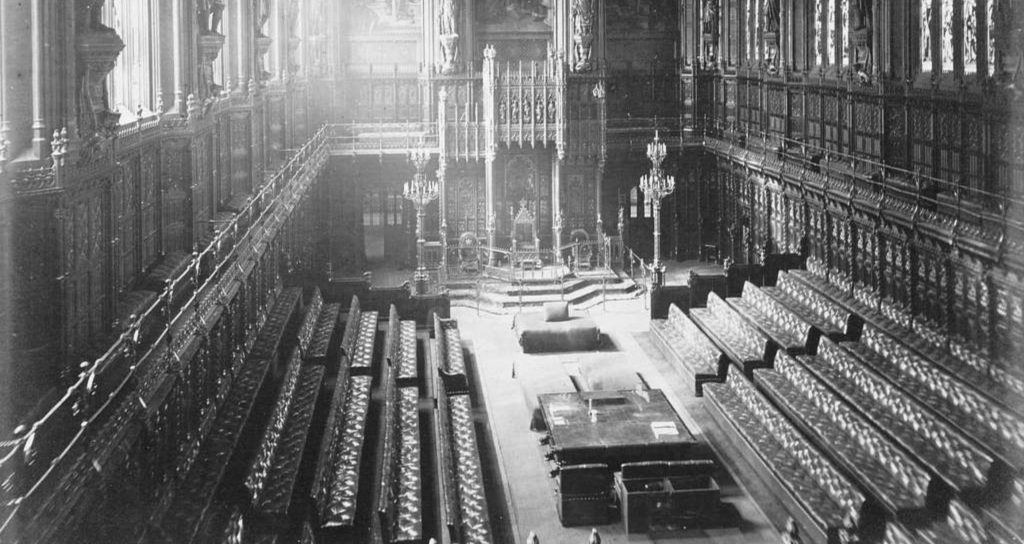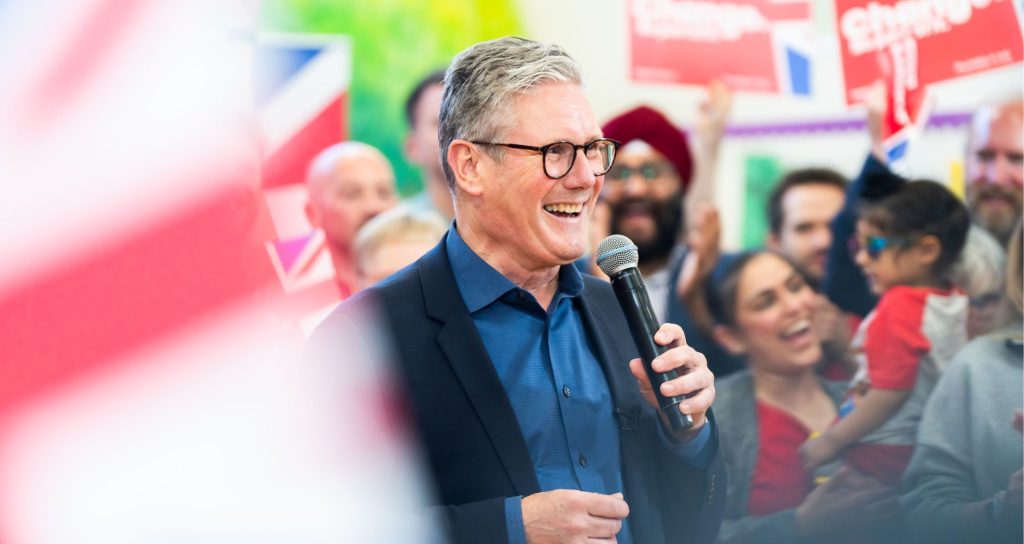This year’s Conservative party conference revealed a party in transition, adapting its relationship with business to meet the demands of an evolving world. While it signalled a greater willingness to collaborate with the business community, numerous challenges and uncertainties lie ahead.
Balancing economic pragmatism with the values of the Conservatives’ voter base will remain an ongoing challenge, and how the party manages this balancing act will significantly impact its relationship with the business world. Businesses, in turn, will closely monitor these developments, recognising that their engagement with political stakeholders remains crucial in shaping the economic landscape. They have not given up on the Conservatives, but they have not bought into their idea of what the future should look like just yet.
Party conferences in general serve as a crucial gauge of policy priorities, political trajectory, and interactions with various interest groups but among the many dynamics scrutinised, and one that often takes centre stage in the run up to an election, is the connection with the business community.
Both Labour and the Conservatives are vying for the title of the “party of business” in preparation for the upcoming General Election. With Labour working hard to ease concerns among businesses regarding potential tax hikes, the Conservatives are aiming to reassure businesses that the mini budget of 2022 was a mere blip, and the sector is in a safe pair of hands once more.
A shift towards pragmatic economics
Traditionally, the Conservatives have proudly identified themselves as “the” party of business, advocating for pro-market policies and economic liberalism. While the Conservatives remain firmly anchored to free markets and economic growth, recent years have witnessed a noticeable shift in their approach towards greater economic pragmatism and interventionism, reflecting changes in both the global and domestic contexts.
The importance of economic growth has taken centre stage in the Conservatives’ agenda of late, as they take a more active role in the economy and introduce various measures aimed at bolstering growth, including tax cuts, interventions in the housing market, and substantial investments in infrastructure.
Concrete examples of this economic pragmatism include the government’s response to the COVID-19 pandemic, where it introduced a range of measures, such as furlough schemes, loans, and grants, to support businesses and individuals. These interventions were seen as essential to prevent an economic recession.
Business as a collaborative partner in economic transformation
This year’s Business Day at the Conservative conference took a notable turn by placing a substantial emphasis on Small and Medium-sized Enterprises (SMEs). Business Day usually offers a dedicated platform for SME business leaders to engage with senior government ministers and deliberate on issues affecting their operating models. In addition to the broader business topics, discussions also delved into the specific challenges and opportunities that SMEs encounter, underlining the Conservative Party’s’ commitment to addressing the unique concerns of SMEs and attempting to regain momentum within the business community away from Labour.
🏡 Backing our towns
🇬🇧 Bolstering our defences
🚀 Boosting jobs for our veterans
Brilliant first day at #CPC23
Looking forward to meeting business leaders today before @Jeremy_Hunt’s speech later. pic.twitter.com/RISuMXNliF
— Rishi Sunak (@RishiSunak) October 2, 2023
The Conservatives have also shifted focus on to innovation and technology, making investments in digital infrastructure and R&D, underscoring the pivotal role that SMEs play in fostering economic growth.
Initiatives aimed at addressing skill gaps and promoting workforce development signal a desire to work closely with businesses in shaping the future workforce. Partnerships with employers for instance are seen as crucial in building economic resilience.
Beyond the main Business Day, the conference also plays host to a multitude of fringe events, each tailored to focus on various aspects of business and held by organisations spanning think tanks, business associations, and trade unions. Notable examples of these fringe gatherings were around “The Future of Work”, Levelling Up and Net Zero.
Networking opportunities abound serving as a veritable hub for business leaders to establish connections. A plethora of events, ranging from receptions to dinners and breakfasts, are scheduled throughout the conference. These occasions foster interactions not only amongst business leaders but also between them and prominent figures within the government.
Engagement with the business community during conference holds great significance. Primarily, it provides a direct line of communication to gain insights into the challenges faced by business leaders and their desired policy implementations. Secondly, it offers a platform for the party to espouse its pro-business policies, not only to business leaders but also to the wider public. Lastly, it serves to fortify the relationship between the Conservatives and the business sector, underpinning collaboration and shared objectives.
Challenges in the relationship
While conference projected a more business-friendly image, challenges persist in its relationship with the business community.
The post-Brexit regulatory landscape continues to sow uncertainty among many businesses, and the conference provided little clarity or solutions regarding the regulatory environment. Many business representatives opted not to get into the weeds on these issues, instead keeping their powder dry for Labour conference next week. Most representatives instead adopted a very targeted approach, focusing on niche issues that directly affect their business models, rather than the broad coalition of interests that tend to dominate Business Days of past conferences.
The party’s commitment to fiscal responsibility may raise concerns among some businesses about the lack of tax reductions or wider investments down the road. Striking the right balance between fiscal prudence and business competitiveness will remain a delicate task, and one that the Prime Minister will have to focus on following his confirmation of the cancellation of the northern leg of HS2.
Moreover, navigating global economic shifts and geopolitical tensions remains a formidable challenge for the Conservatives. The ongoing energy crisis has put a strain on businesses across the UK. The government has previously announced several measures to support businesses, including a £400 energy rebate scheme and a £1.5 billion energy-intensive industries package. However, many businesses were left out of these packages and are still calling for support from the government. The conference offered limited insight into how the party plans to address these challenges ahead of the colder months and their implications for businesses.
Prime Minister @RishiSunak is doing things differently.
That’s how we’ll change our country and build a brighter future #CPC23 pic.twitter.com/dLBUSC2n99
— Conservatives (@Conservatives) October 4, 2023
This year’s conference showcased a party at a crossroads, grappling with the evolving dynamics of its relationship with the business world. The conference highlighted the Conservatives’ shift towards economic pragmatism and greater collaboration with businesses, particularly SMEs, as they navigate the challenges of a changing global and domestic landscape.
While the party seeks to reassure the business community about its commitment to economic growth, big challenges remain. The post-Brexit regulatory environment continues to cast a shadow of uncertainty, and fiscal responsibility raises concerns about future tax reductions and investments. Striking the right balance between fiscal prudence and business competitiveness will be a critical task.
Over the next year, how the Conservatives manage the delicate balance between economic pragmatism and their traditional values will significantly influence their relationship with the business world which might help decide whether they remain in power. Both Conservatives and Labour will continue to compete for the title of the “party of business,” but ultimately the test will be whether they win their confidence they can build a successful, sustainable British economy.
The spotlight will now shift to Labour. Their response to these same challenges and its vision for the future will be closely scrutinised. The coming weeks promise to be pivotal in determining the direction of the UK’s economic and political landscape.



